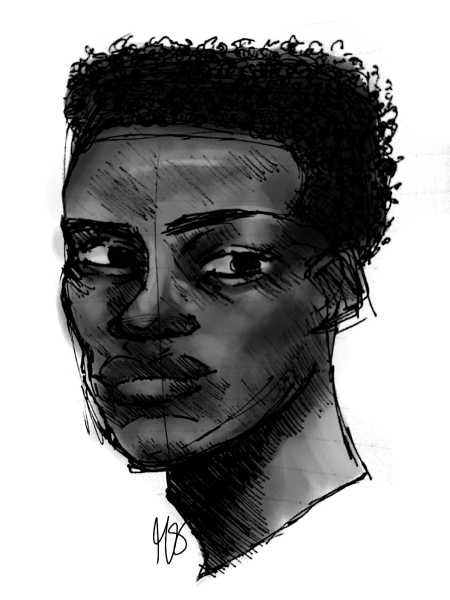Whitman So White! breathes new life into Students and Alumni of Color Coalition with networking event
WSW! podcast hosts networking event
October 28, 2021
Last week, the Whitman So White! podcast held a virtual networking event for students and alumni of color. The event marked the beginning of an effort by junior Elea Besse and senior Jasmine Razeghi, the podcast’s co-hosts, to revitalize the college’s Students and Alumni of Color Coalition.
The SAoCC—which, according to its official page on Whitman’s website was formed “to address a question raised at a FUBU group meeting in May 2017, ‘Why would we return to Whitman, a homogeneously white campus?’”—garnered a lot of interest upon its formation, but found its efforts derailed by the pandemic.
“The coalition was interested in building community and solidarity between students and alumni of color and providing mentorship,” Laura Sanchez, director of the Intercultural Center, said in an email to The Wire.
The effort to breathe new life into the coalition began when Besse and Razeghi applied for, and ultimately were chosen to receive, Whitman’s 2021 Ben Rabinowitz Award for compassion in medicine and politics. Their project proposal was to form a networking and mentorship program for students of color on campus, and after partnering with the Intercultural Center and the Department of Alumni Relations, they decided to create a networking space for students and alumni of color to connect via a series of career field-based Zoom breakout rooms.
“The idea behind doing this one was to have a strong start for the coalition, and revive it, and get students and alumni involved so they can carry it forward,” Razeghi said.
According to Besse, the significance of the Ben Rabinowitz award extended beyond just financial support—prior to receiving the grant, Besse and Razeghi’s work with WSW! had no official affiliation with the college, and to have their efforts be recognized in an official capacity was an important step in carrying their work forward.
According to Razeghi, there was a surprisingly narrow overlap between attendees who were interested in the SAoCC and those who were familiar with WSW!. As they work to establish recurring networking events with the coalition, this is a gap that she and Besse hope to continue to bridge.
“I think the idea is kind of leaving our legacy, in addition to our podcast,” Razeghi said. “We wanted to create momentum for other students to carry the work that we’ve done.”
Ultimately, while the event did not attract quite as many current students as Besse and Razeghi had anticipated, alumni turnout wildly exceeded their expectations.
“I think we were surprised that a lot of alumni were going to come,” Besse said. “In past experiences that Jasmine and I have had with alumni on our podcast, a lot of them have expressed that their Whitman experience hasn’t been super amazing, and so I think a lot of the time when those alumni graduate, there isn’t really a desire to keep up a relationship with the school, so it was really heartwarming that so many alumni trusted the podcast enough and the space enough to show up and continue that relationship.”







